Reading the list of things that trigger my migraines is almost as exhausting as recovering from one. Sugary food, bright lights, my period, Super Noodles (yes, really), too much screen time, stress, and a lengthy list of perfumes. Ironically, my first ever job was as a sales assistant in the perfume department of Boots. The air was thick with a sickly and heady amalgamation of hundreds of scents combined, which would linger on my uniform and in my hair even after I’d left work. Needless to say, I ended up transferring to a makeup counter on the opposite side of the store as my sick days accumulated, and I find it hard to spend time in fragrance stores or to smell multiple perfumes in succession even now.
Still, as a beauty editor, one of my favourite subjects to write about is fragrance, which can make things challenging to say the least. I recently posted on Instagram about the fact that the risky business of testing perfumes as a migraine sufferer is the only occupational hazard of my job, and I was surprised by the number of responses I received from my followers who also suffer fragrance-induced migraines. “It’s always been a struggle to find a perfume that didn’t trigger a migraine that lasts all day,” said one follower. “Only in the last year or so have I been able to wear fragrances.” Many messages were from people who said they’d had to give up on wearing perfume altogether. This got me thinking, why exactly do some perfumes trigger migraines while others are totally safe to wear?
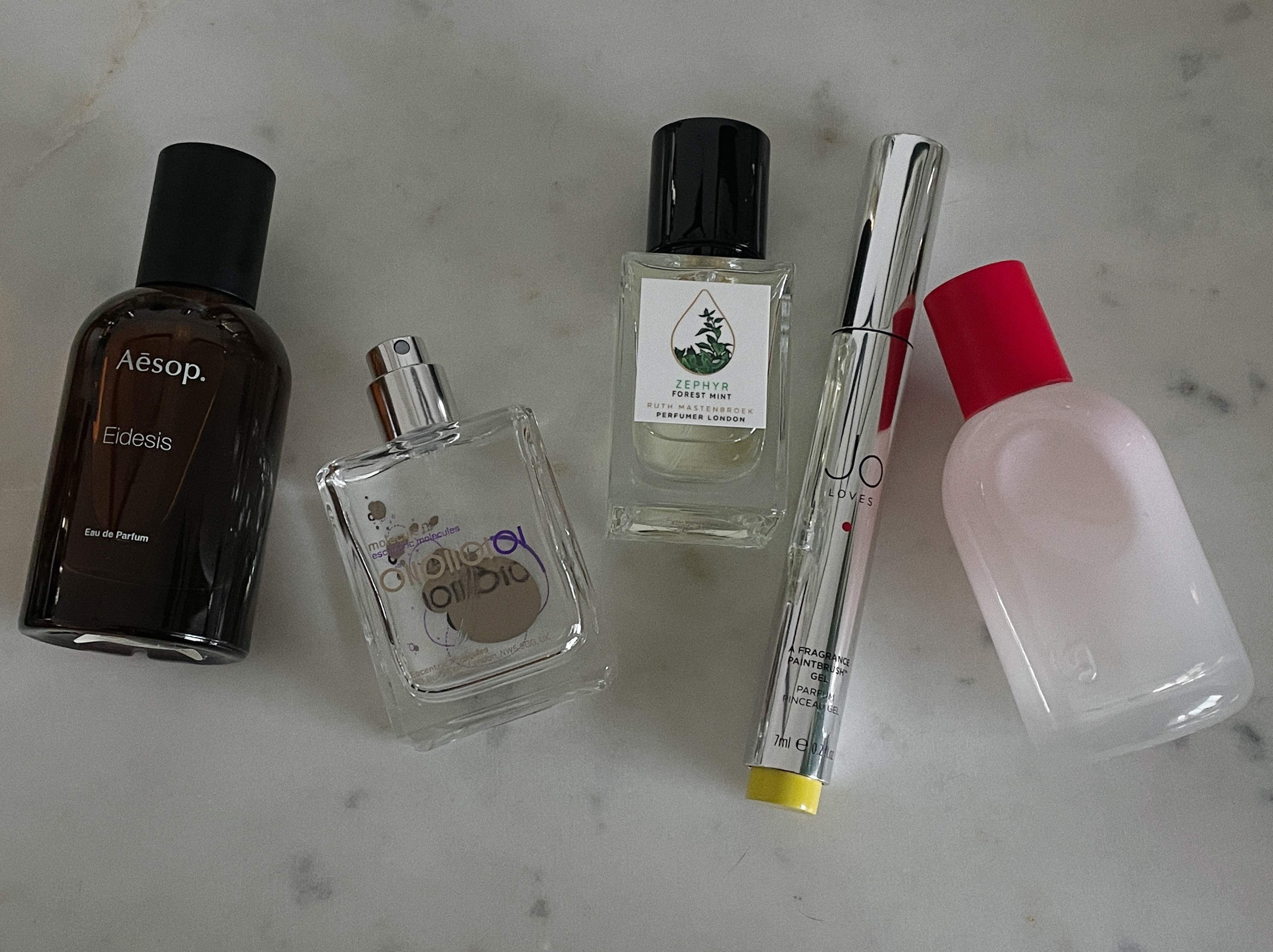
My knee-jerk reaction to this was of course to do what any self-respecting beauty editor would. I called in the experts to understand just why fragrance can be such a significant trigger for migraines and started to compile a list of “safe” and “risky” fragrances, tried and tested by me and the migraine sufferers in my DMs.
“We have two trigeminal nerves on either side of the forehead, which link to the eyes, nose and mouth and certain scents can activate this nerve,” explains Sonia Garçon-Pichon, practitioner in olfactory therapy at Edeniste. “All humans have olfactive receptors, but our sensitivities can vary from person to person,’ she continues. “Migraines can be triggered by intense, concentrated smells, which are linked to an individual’s sensitivity.” Unfortunately this means that there’s no easy to way to figure out which fragrances cause an individuals’ migraines specifically without actually smelling them first.
“There is not much definitive research around migraines and odour, but studies show that 25% to 50% of migraine sufferers have an increased sensitivity to odours during their headaches,” adds master perfumer Ruth Mastenbroek (who is a former migraine sufferer herself). “Your sinuses can be irritated by a single component of a smell that causes them to swell. Once swollen, the sinuses do not drain properly, and the resulting build-up of pressure can cause a headache,” she continues.
On top of this, Garçon-Pichon adds that hormones can also trigger migraines. “This is more common for women especially, as changing hormone levels can influence your olfactive perceptions,” she says. For me personally, I’ve definitely noticed that my migraines are more likely to occur in the week after my period, so it’s useful to know that this is also connected to scent as it means I can stick to my “safe” perfumes during this time and avoid experimenting with anything new.
“As a former migraine sufferer myself, I know it’s important to become aware of your own personal triggers across the senses,” says Mastenbroek. “From a fragrance perspective, start with individual note fragrances rather than complex ones, then as you build up a repertoire of ‘safe’ smells, you can branch out into the more adventurous and complex,” she adds. “Eventually you can build up a bank of fragrances that you can feel secure in.”
“I would also recommend not smelling scents too close to the nose, as the high concentration can trigger migraines,” says Garçon-Pichon. This is something echoed by the migraine-sufferers who reached out in my DMs. “A trick I also learned a few years ago to lessen my chance of getting a migraine is to spray either in my hairline or behind my hair,” says one follower. “This means it’s not too close to my nose, or I will spray it directly into my hair after styling it.”
“I also find that buying the perfume oil version of fragrance, rather than the eau de toilette or eau de parfum is much safer,” says another follower. “When I smell a perfume, I have to take a very small amount on my wrist and then spend the day wearing it. Usually, I know from the start when one will trigger a migraine, but sometimes I need to wear it for a few hours.”
For most of my life, I’ve had to be mindful of my diet, my environment, and my stress levels to keep my migraines at bay, but when it comes to fragrance, I’ve always found it hard to know exactly which types of fragrances to avoid. When discussing the subject with my followers, a common theme that a number of people raised was the increased likelihood of cheaper, synthetic fragrances triggering their migraines. I pose the question to Mastenbroek, who explains that a material that does feature regularly in cheaper fragrance is synthetic vanillin (not the vanillin molecule present in natural vanilla). “It is possible that migraine sufferers may have a lower tolerance for vanillin,” she explains. “Rose oil and Japanese cypress have also been mentioned, but with such complex ingredients, it is a huge challenge to understand the mechanisms involved.”
Above all, it’s evident that everyone’s triggers are likely to be slightly different. “Migraine triggers are so personal, so this will come down to an individual’s experiences,” explains Garçon-Pichon. “If you’ve experienced migraines in the past as a result of wearing a certain fragrance, then this perfume should obviously be avoided.” Mastenbroek agrees, saying, “The key must be to find exactly what triggers your migraine and avoid the types of fragrances that include those kind of notes,” she advises. “But since vanillin can be a common possible trigger, it could be good to avoid overtly sweet and gourmand scents at least until you find out if it is a definite trigger for you.”
Both Garçon-Pichon and Mastenbroek agree that lighter scents are best for migraine sufferers. “Fragrances that have been created with a calming effect in mind, or that are using principles of aromatherapy, are likely to be soothing to the nose and not stimulate the receptors,” explains Mastenbroek. “The most sensible advice I would give is to be stick to citrus (orange, lemon, grapefruit, lemongrass), herbs (lavender, chamomile, rosemary, thyme) and mint notes (peppermint and spearmint). Based on aromatherapy knowledge we have, we can safely say these will not have an adverse effect on the majority of people including migraine sufferers.”
As a migraine sufferer, I know that paying a visit to a fragrance counter can be overwhelming, time-consuming and straight-up risky. However, I’ve spent enough years testing fragrances to have figured out the ones that are safe and the ones to avoid. Of course, as we now know, everyone has different triggers, so I’ve also drawn upon recommendations from the fragrance experts and from my fellow migraine sufferers.
Scroll down to discover the best fragrances for migraine sufferers plus the ones to avoid.
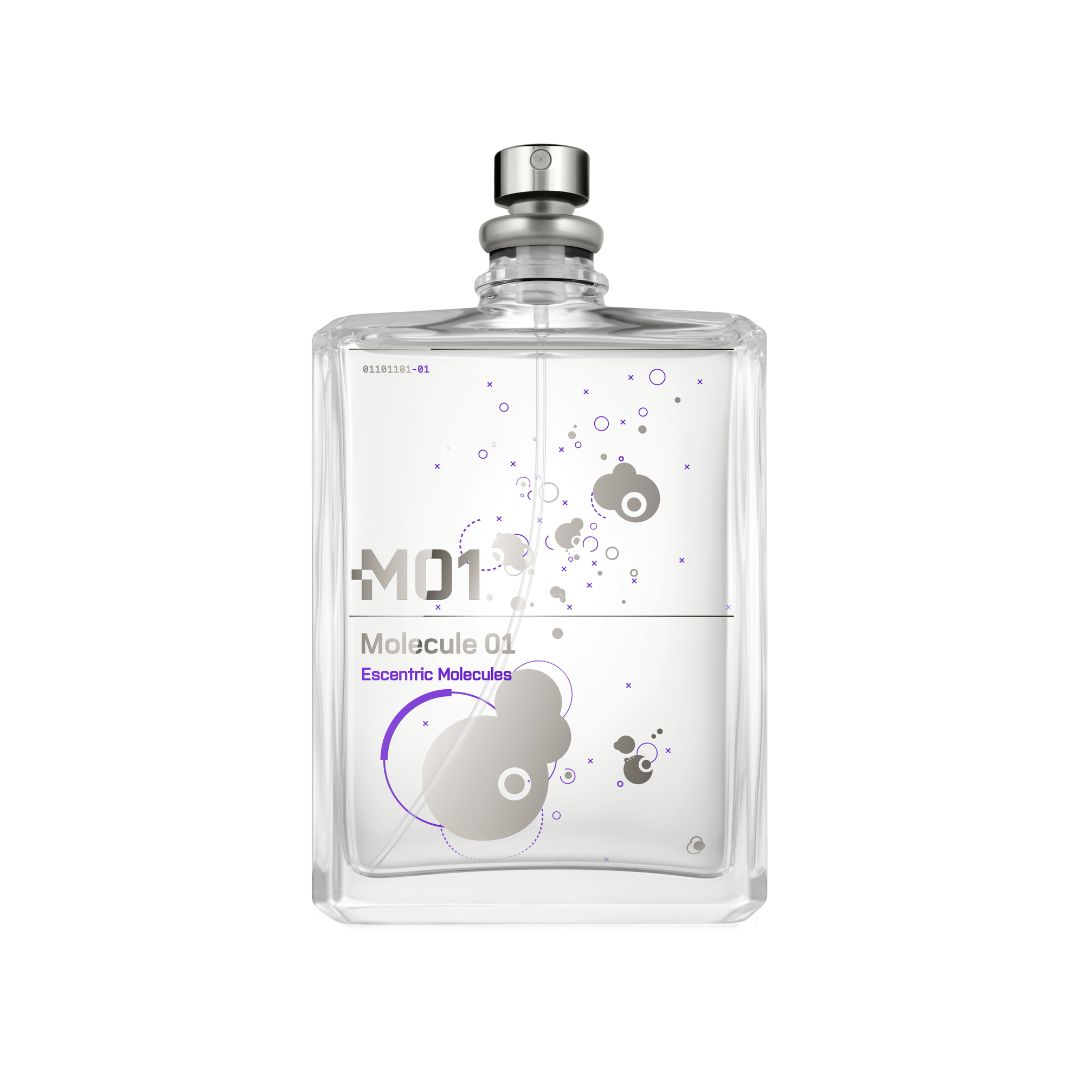
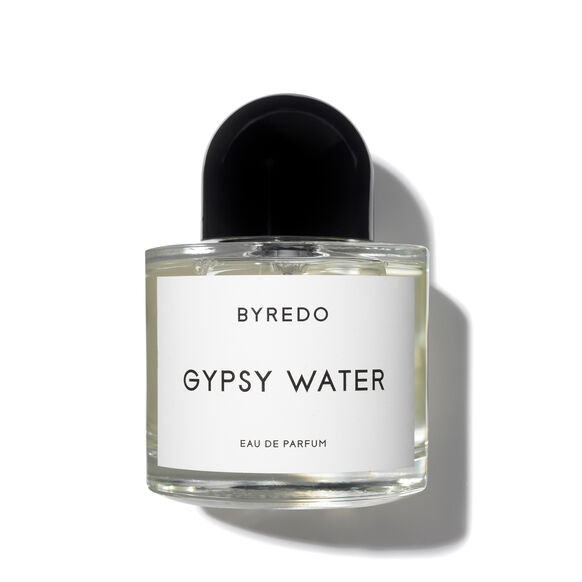
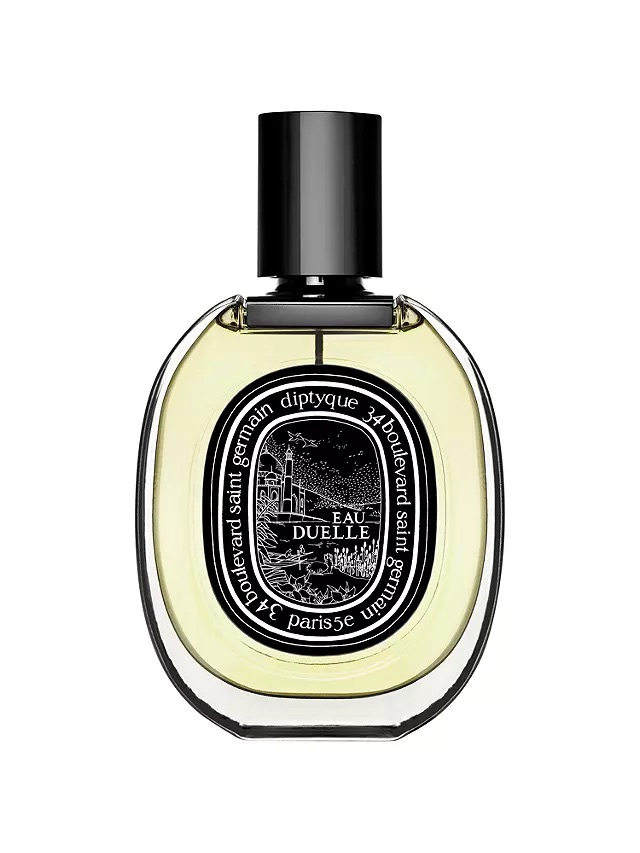
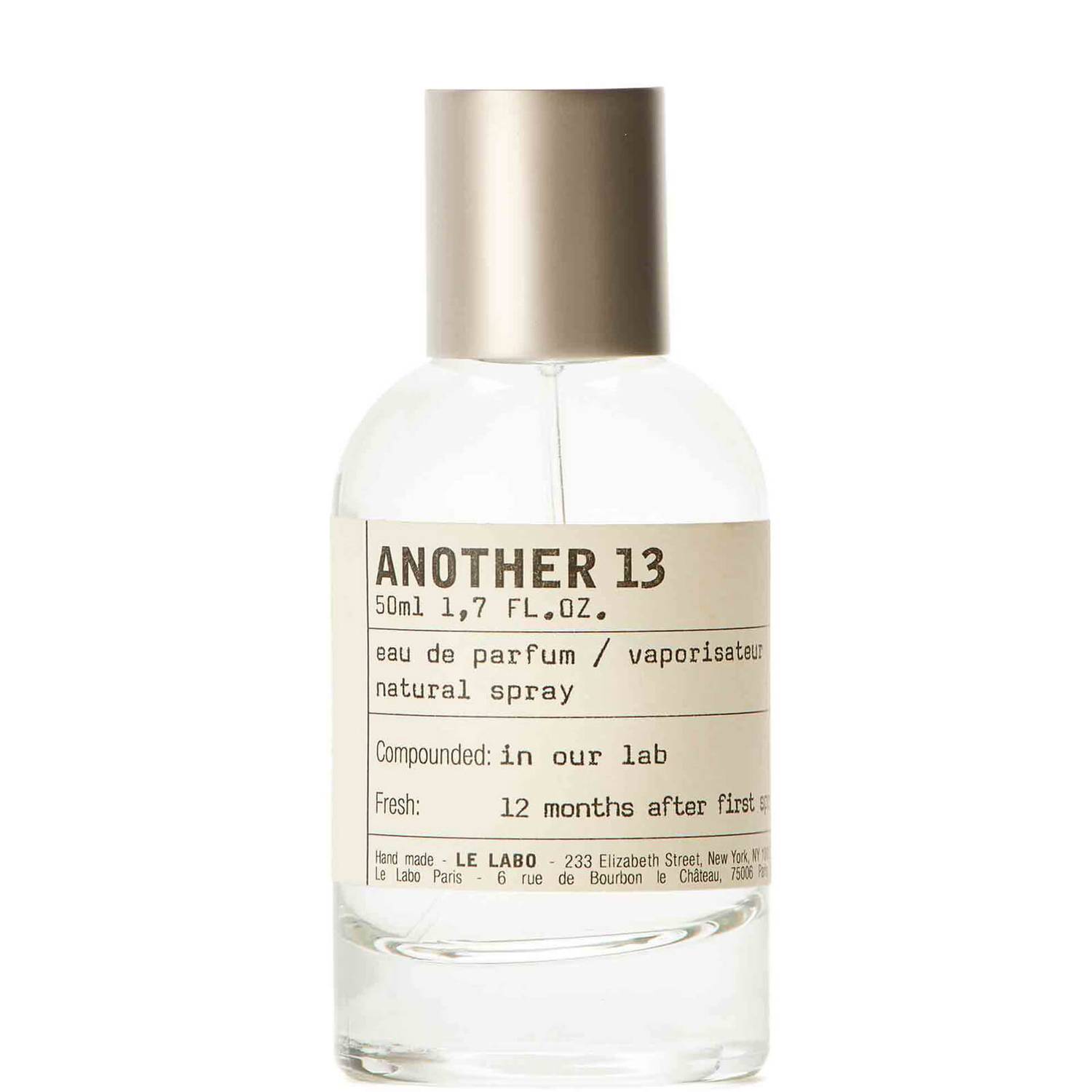
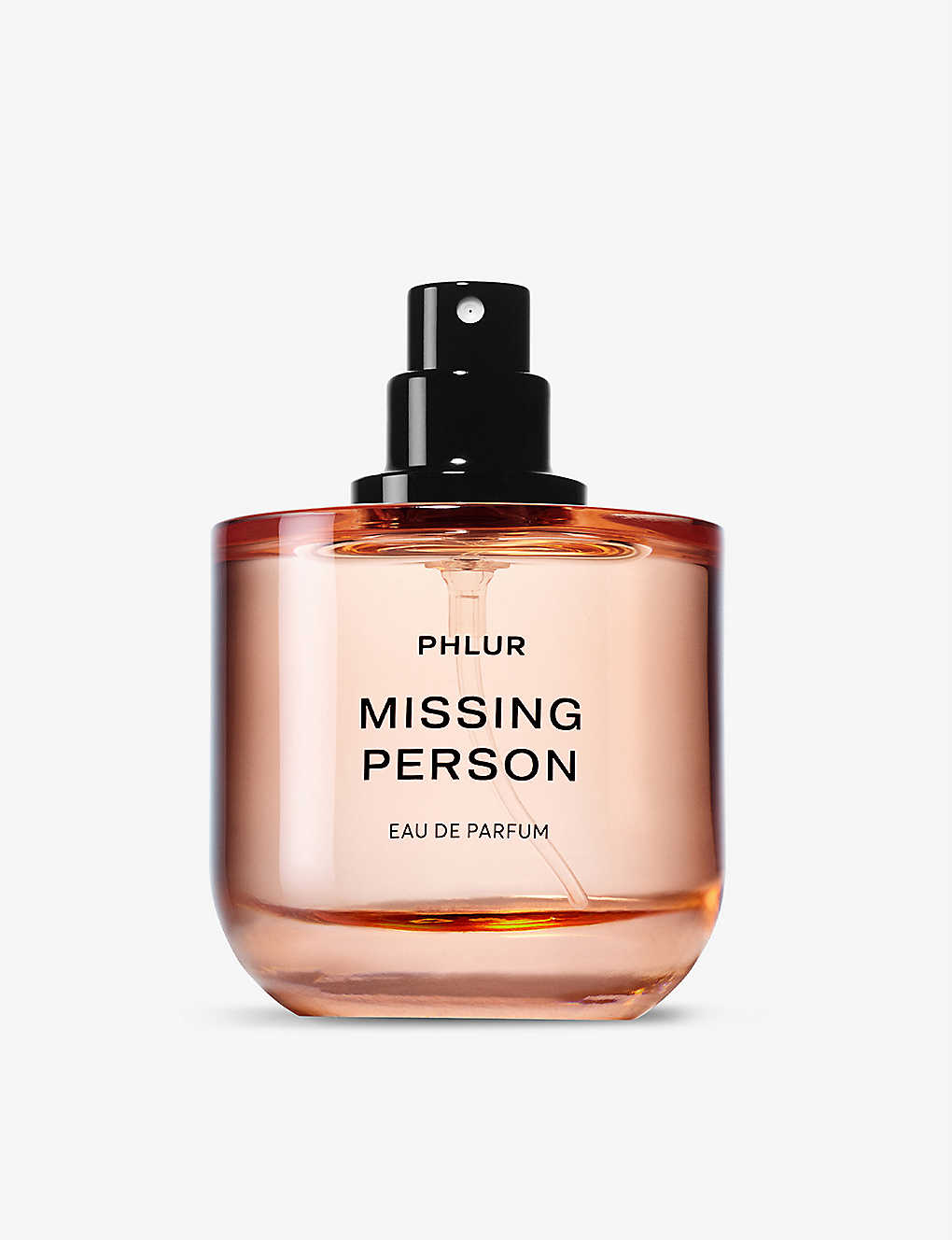
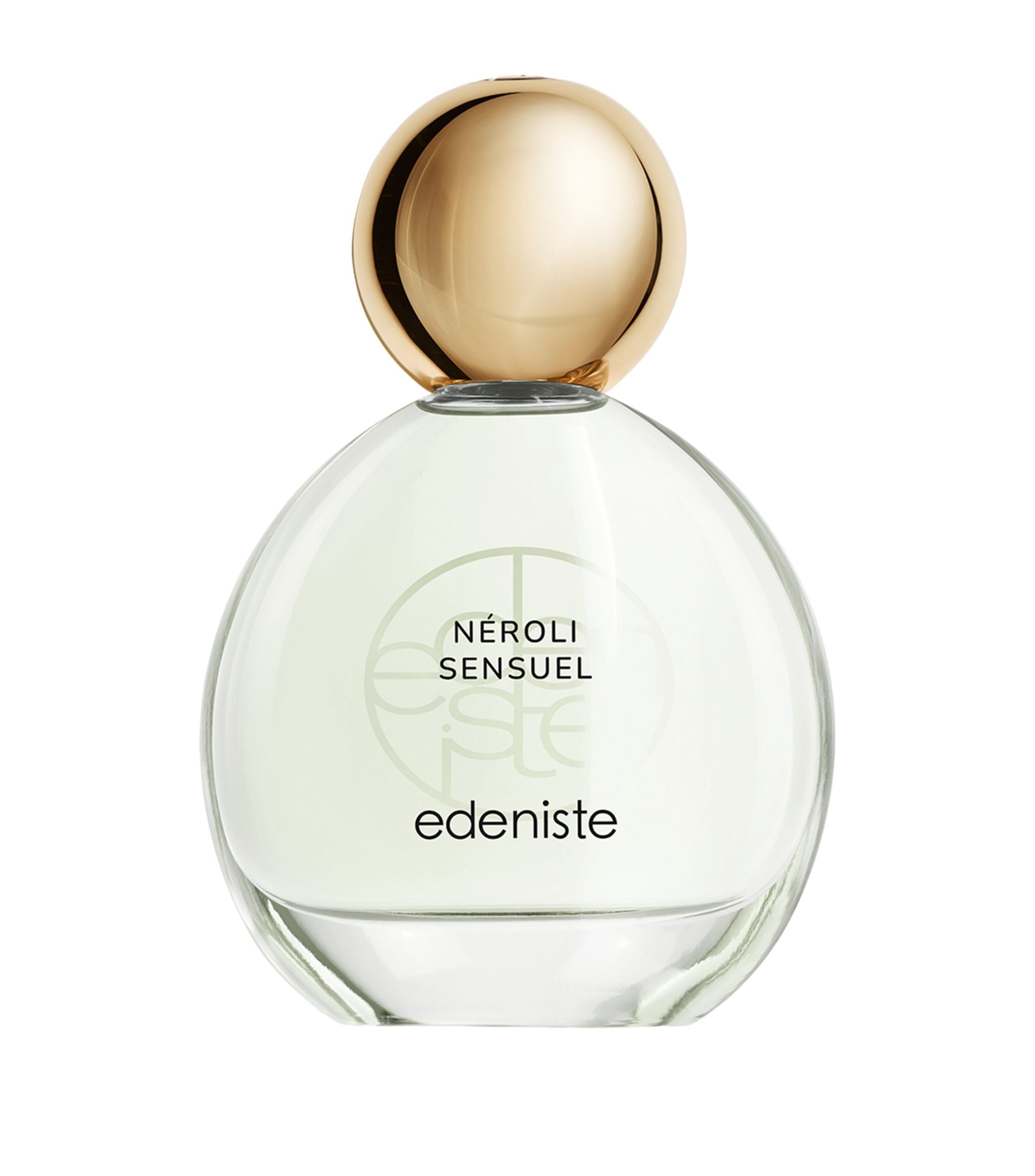
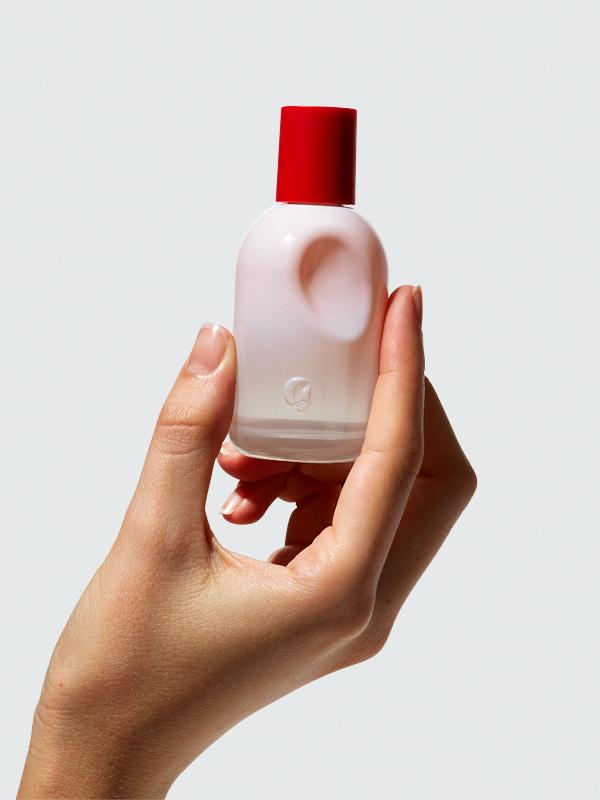
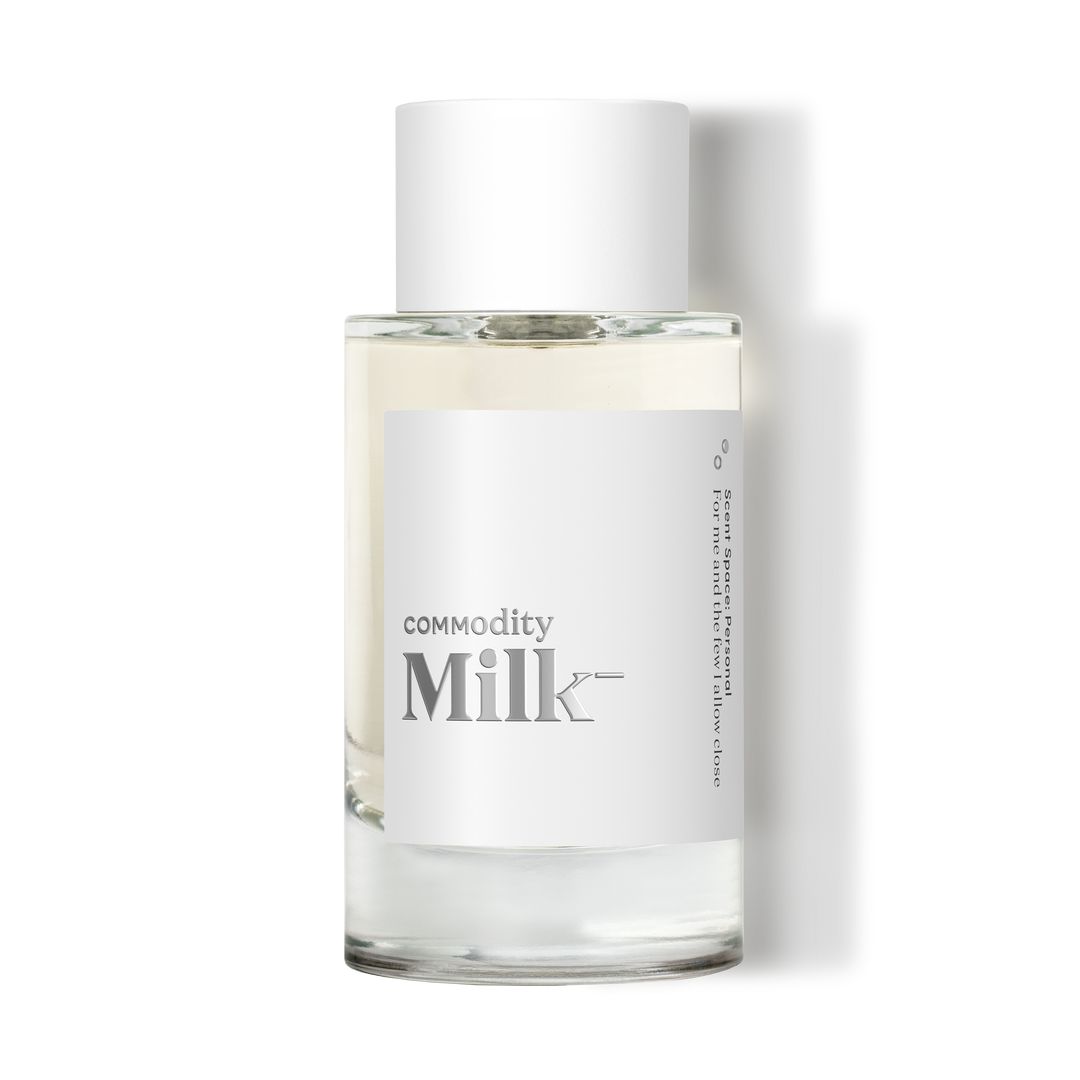
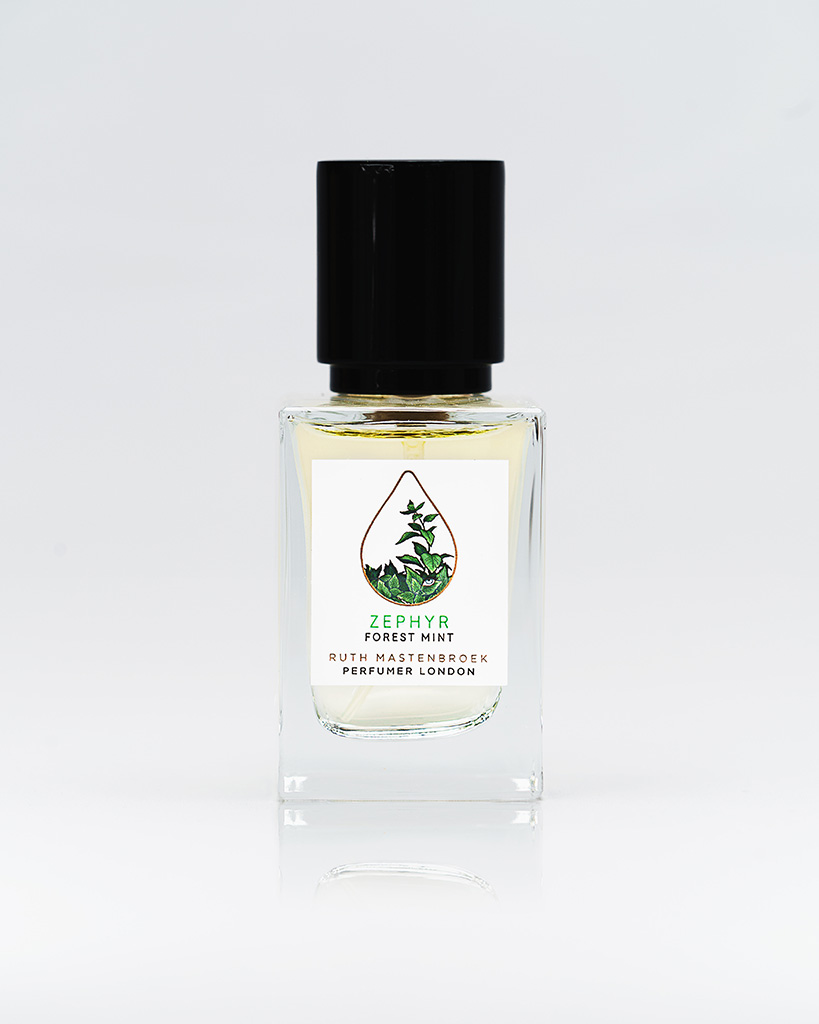
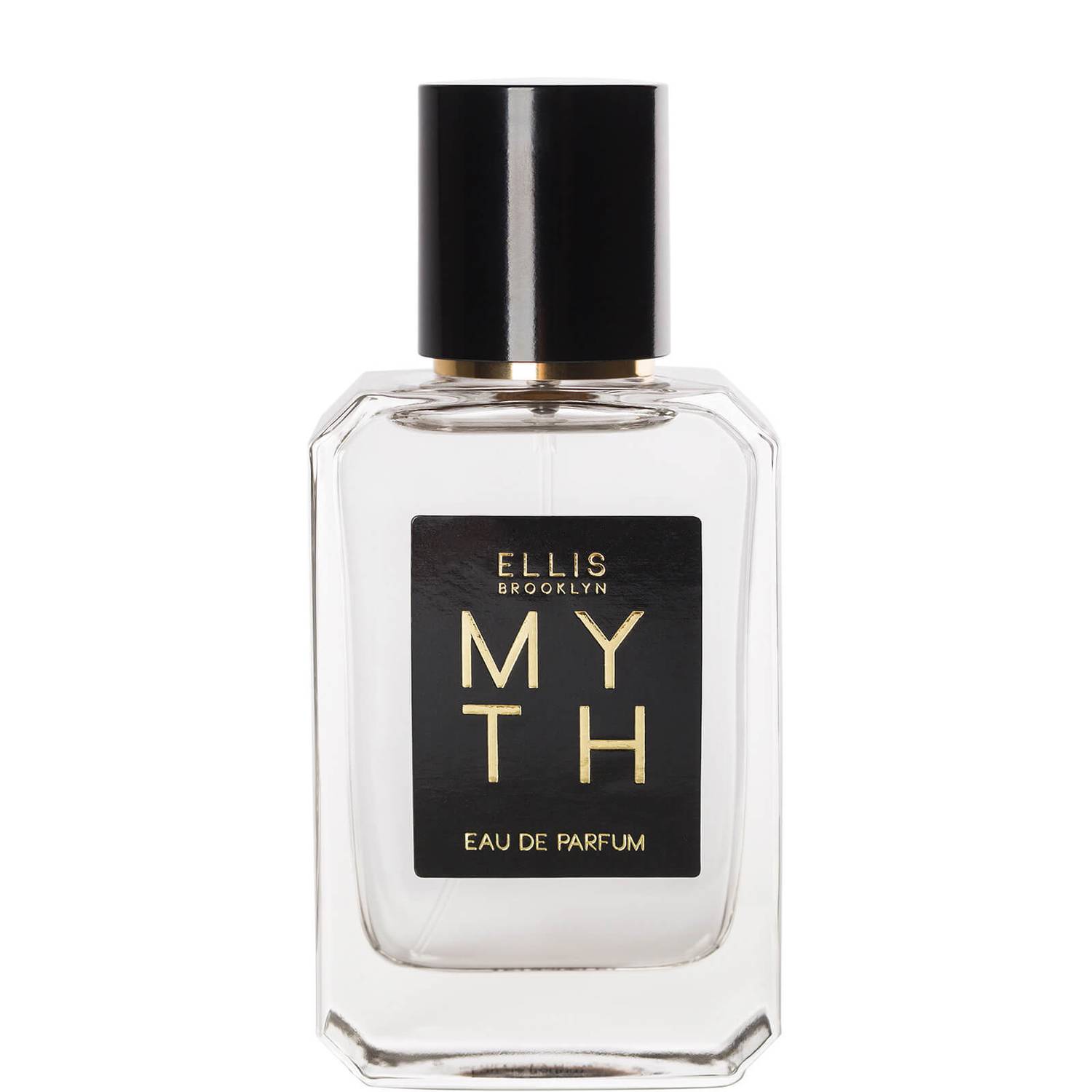
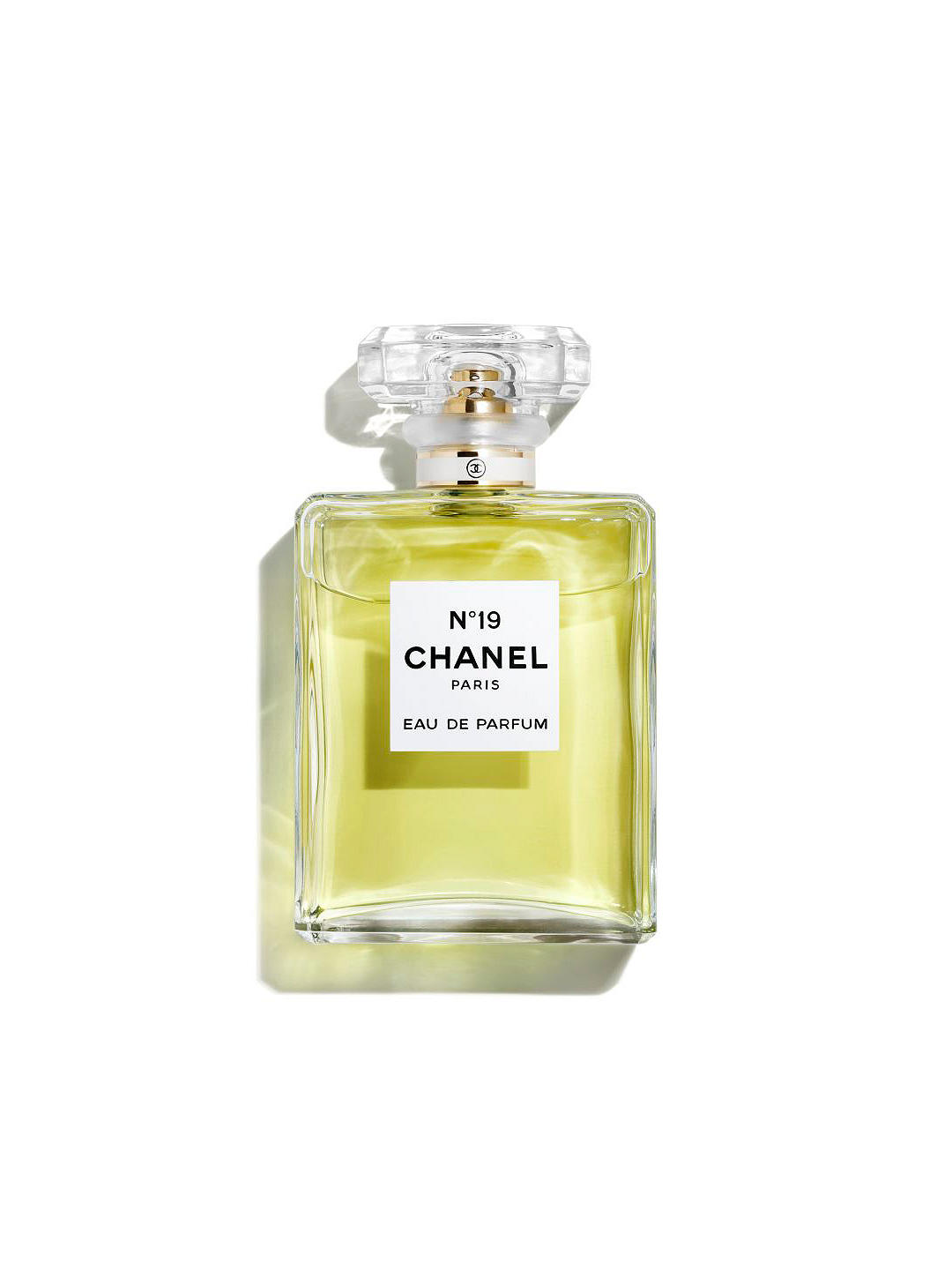
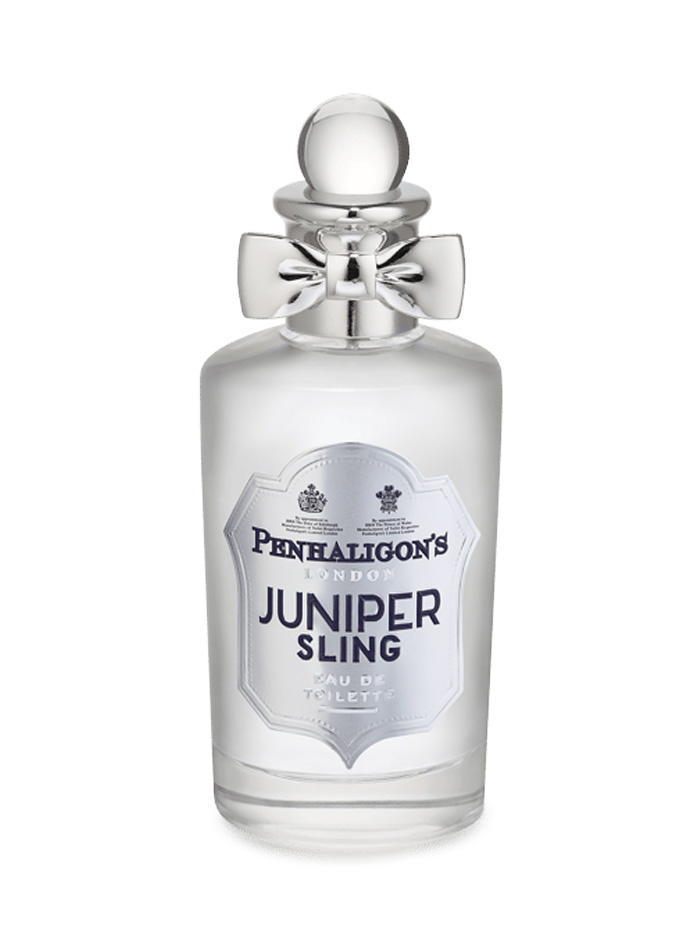
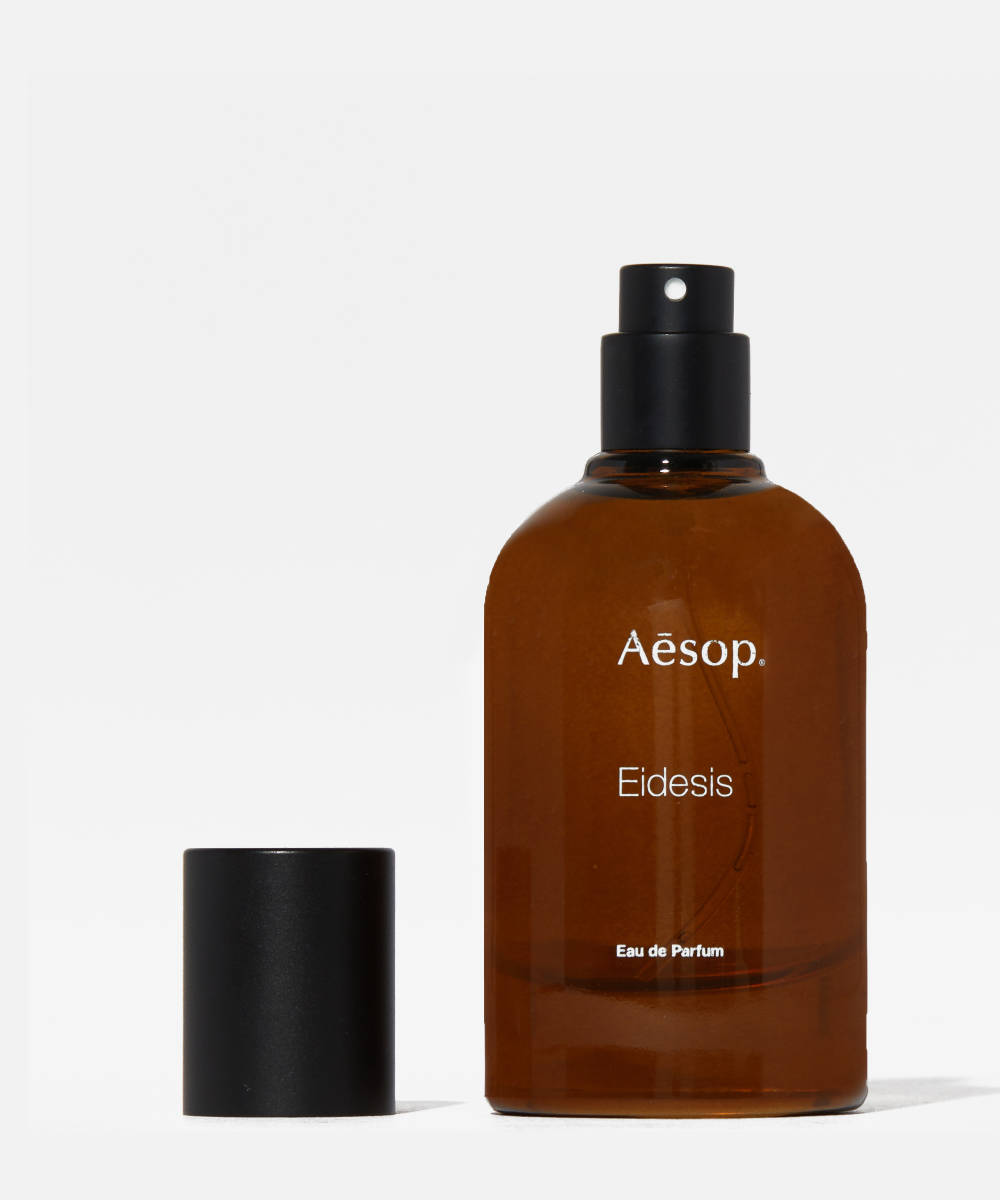
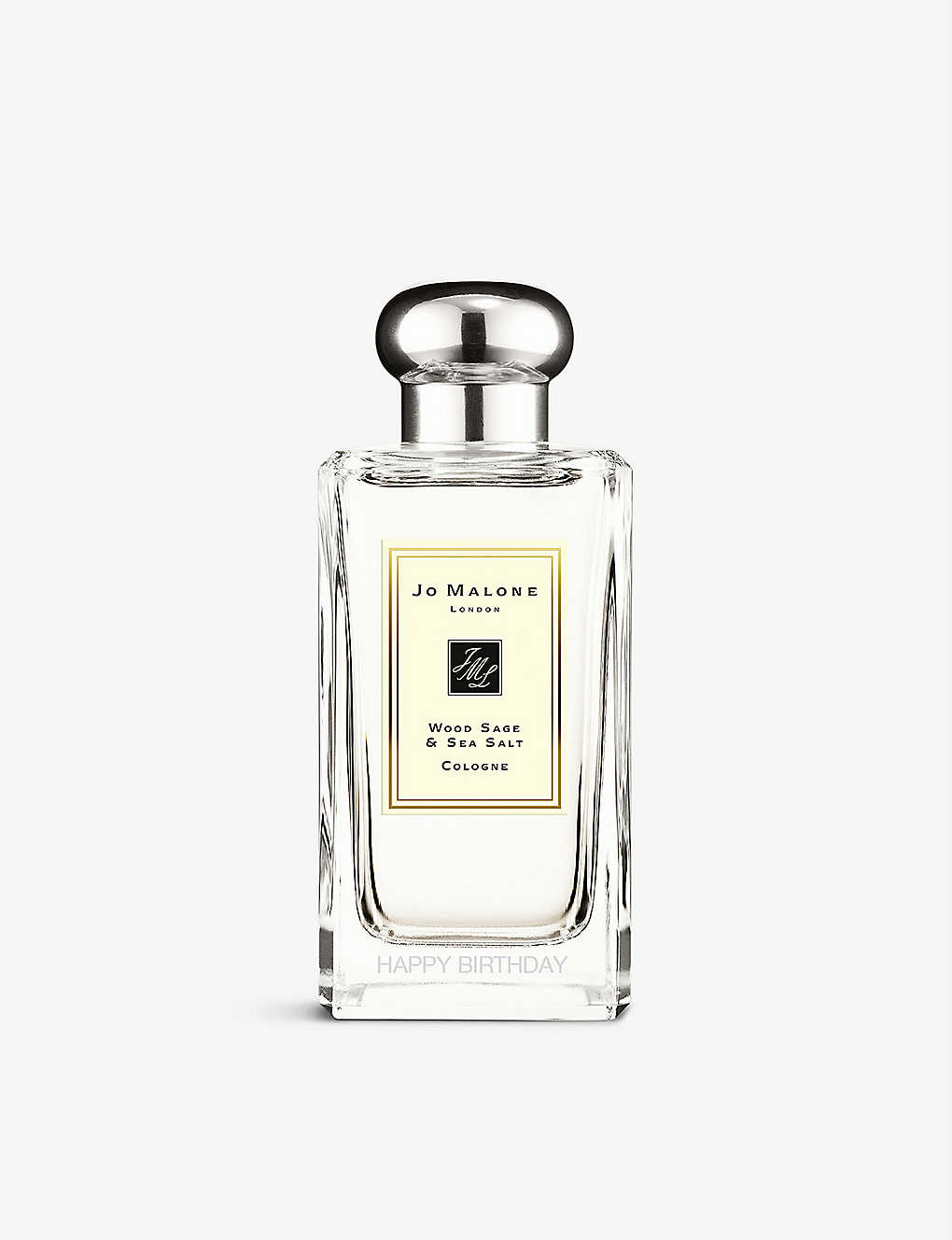
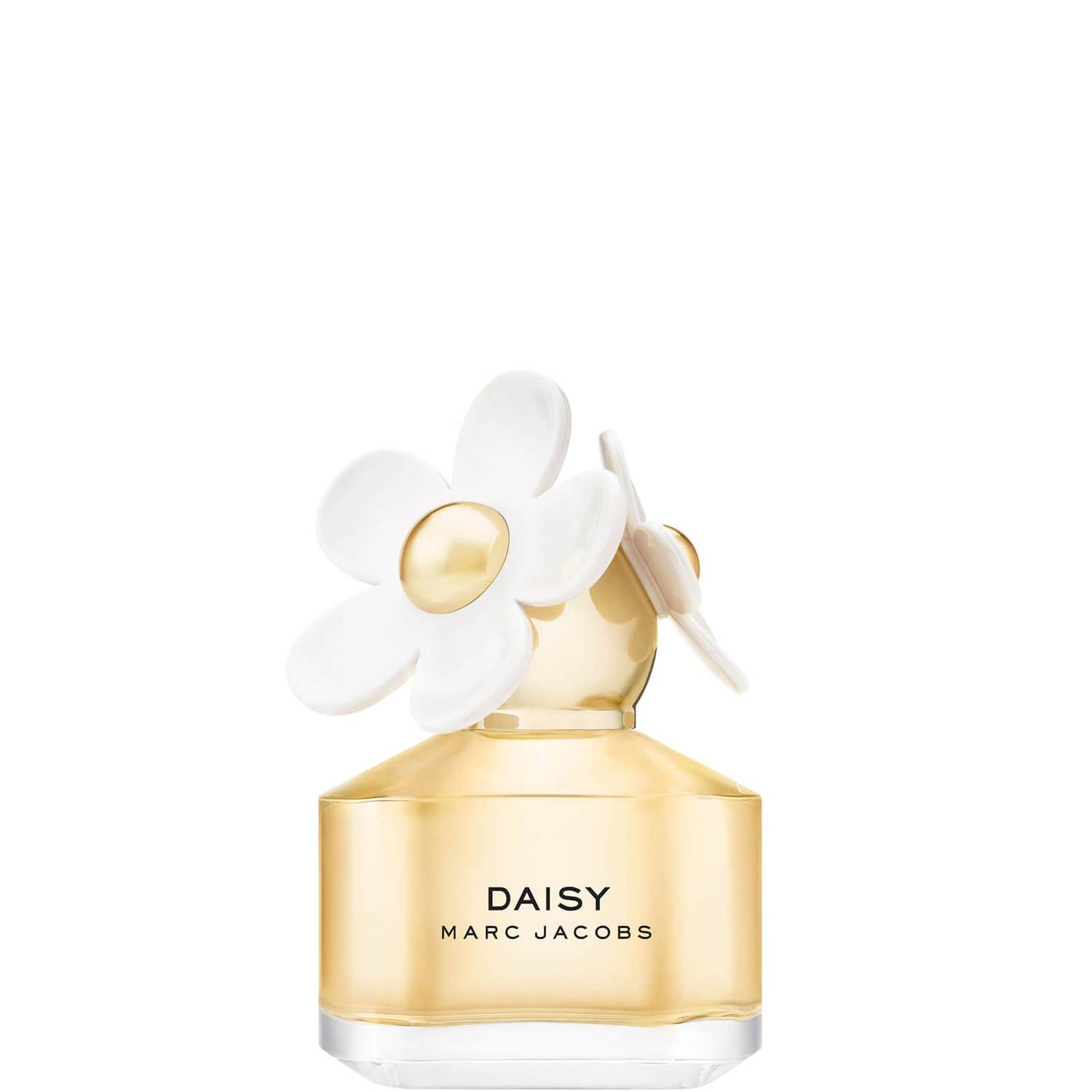
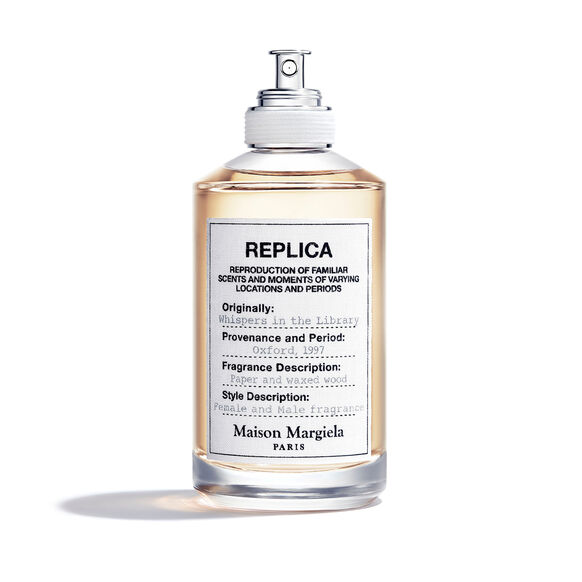
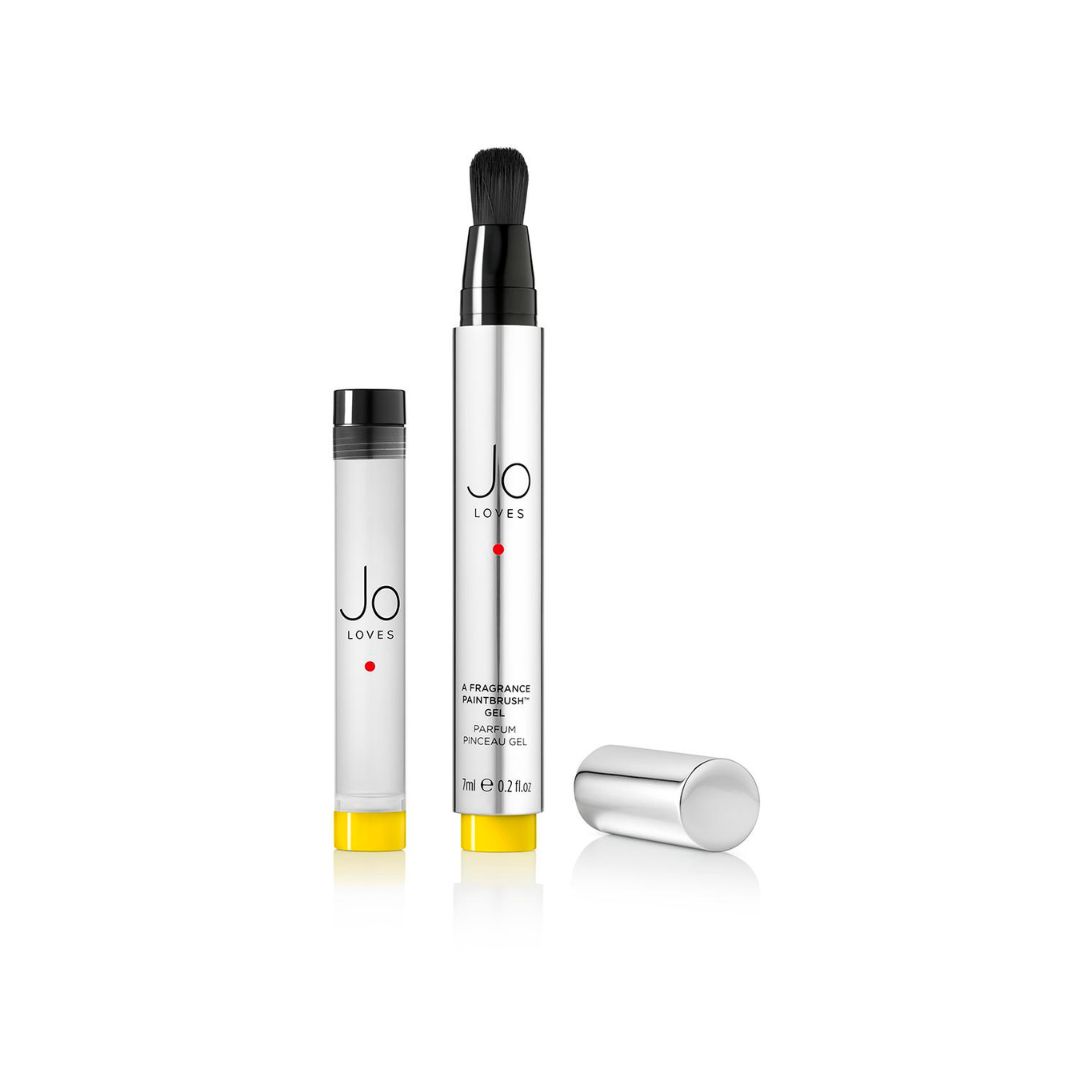
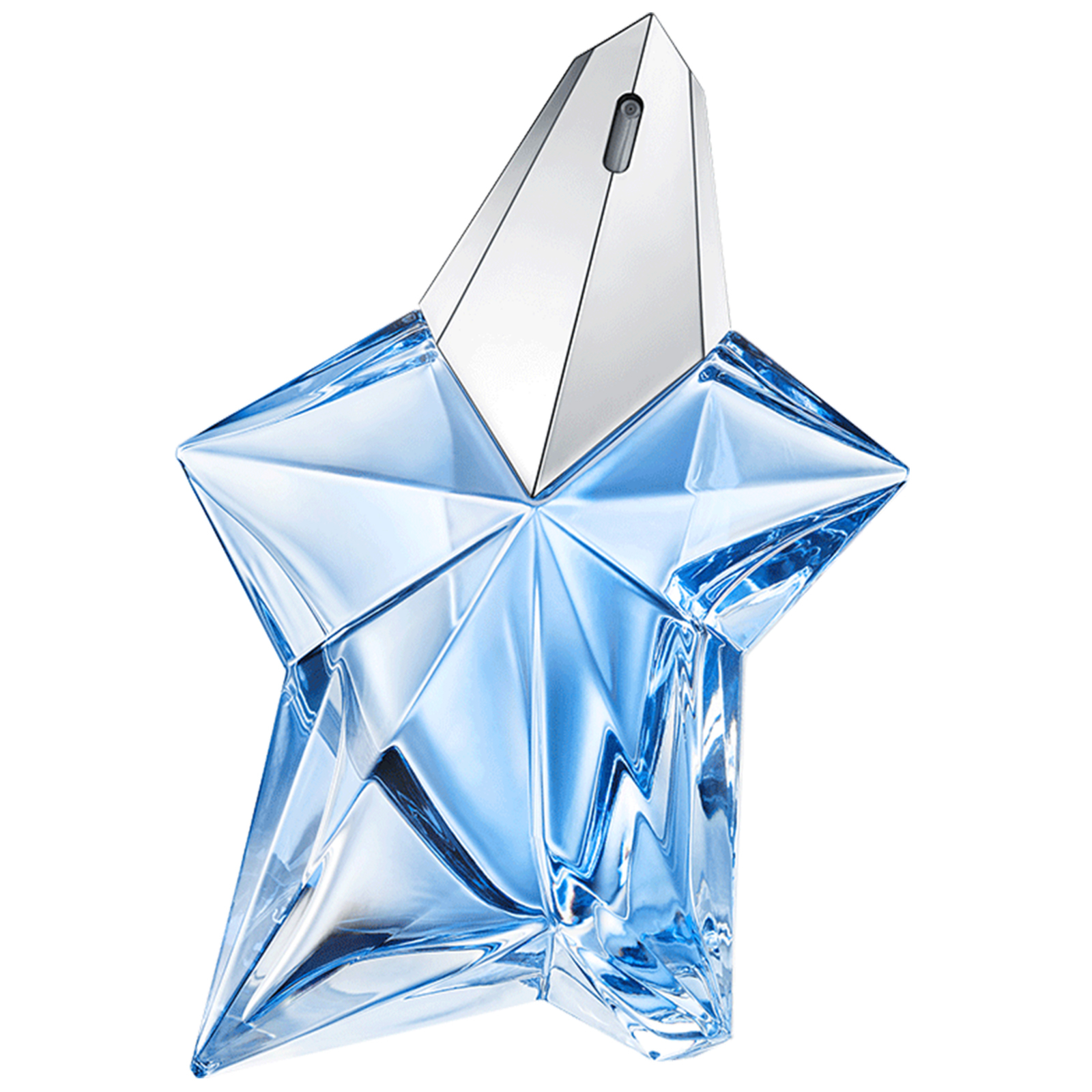
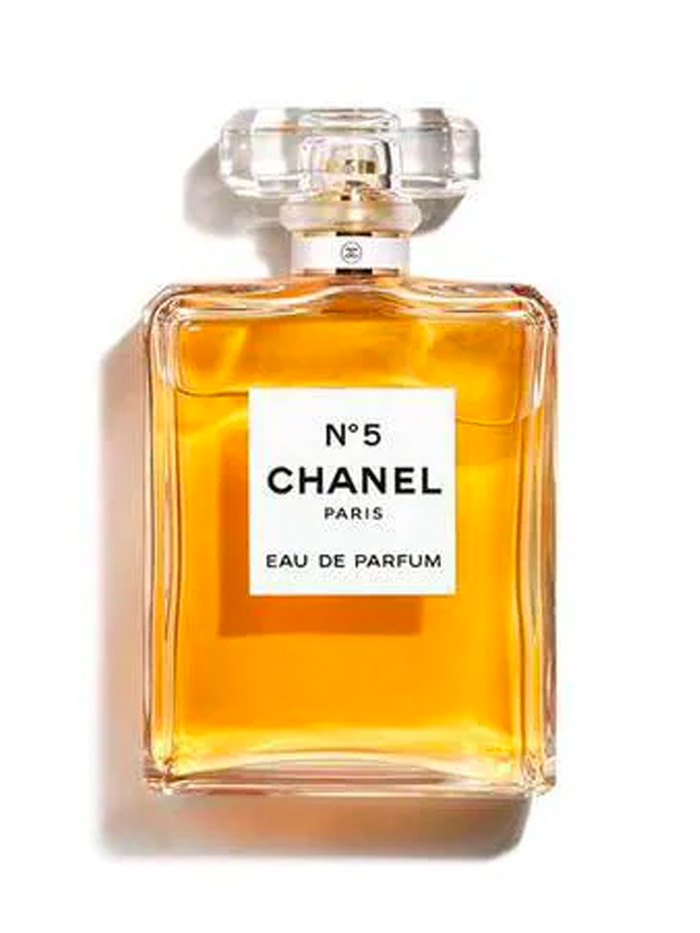
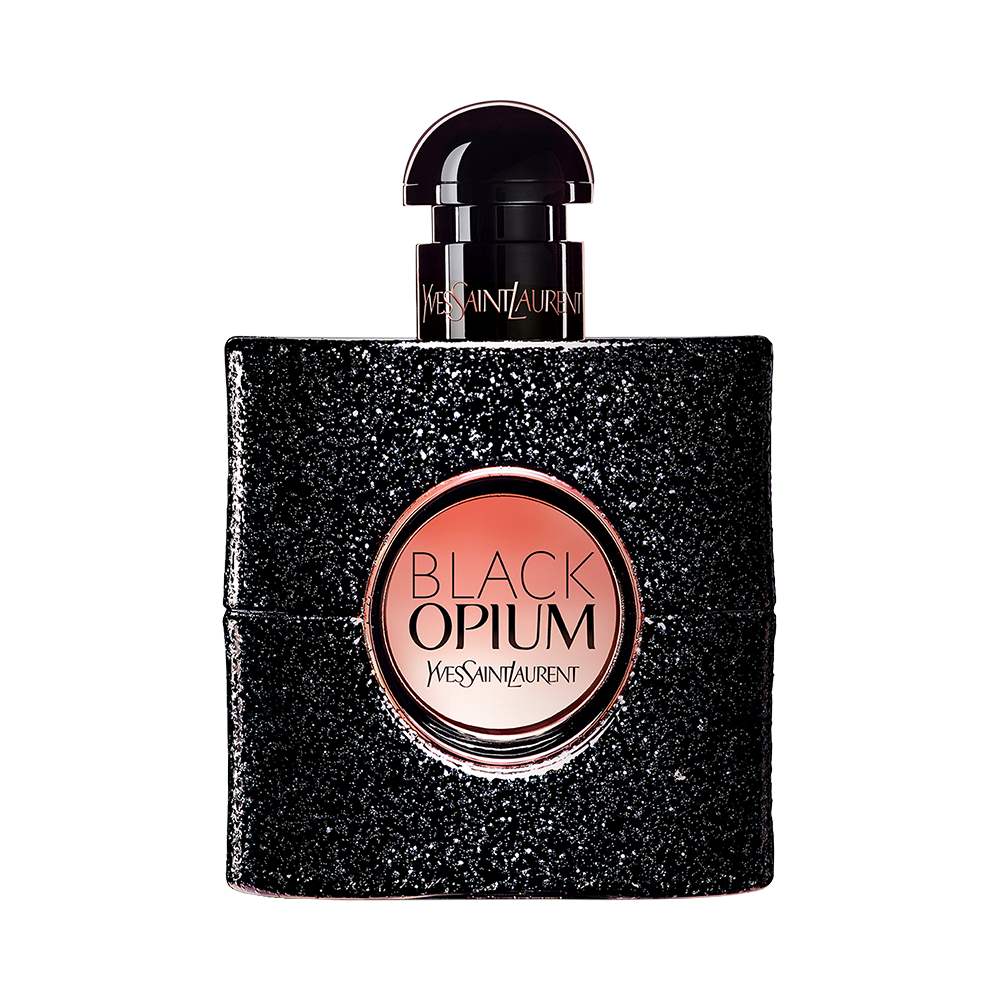
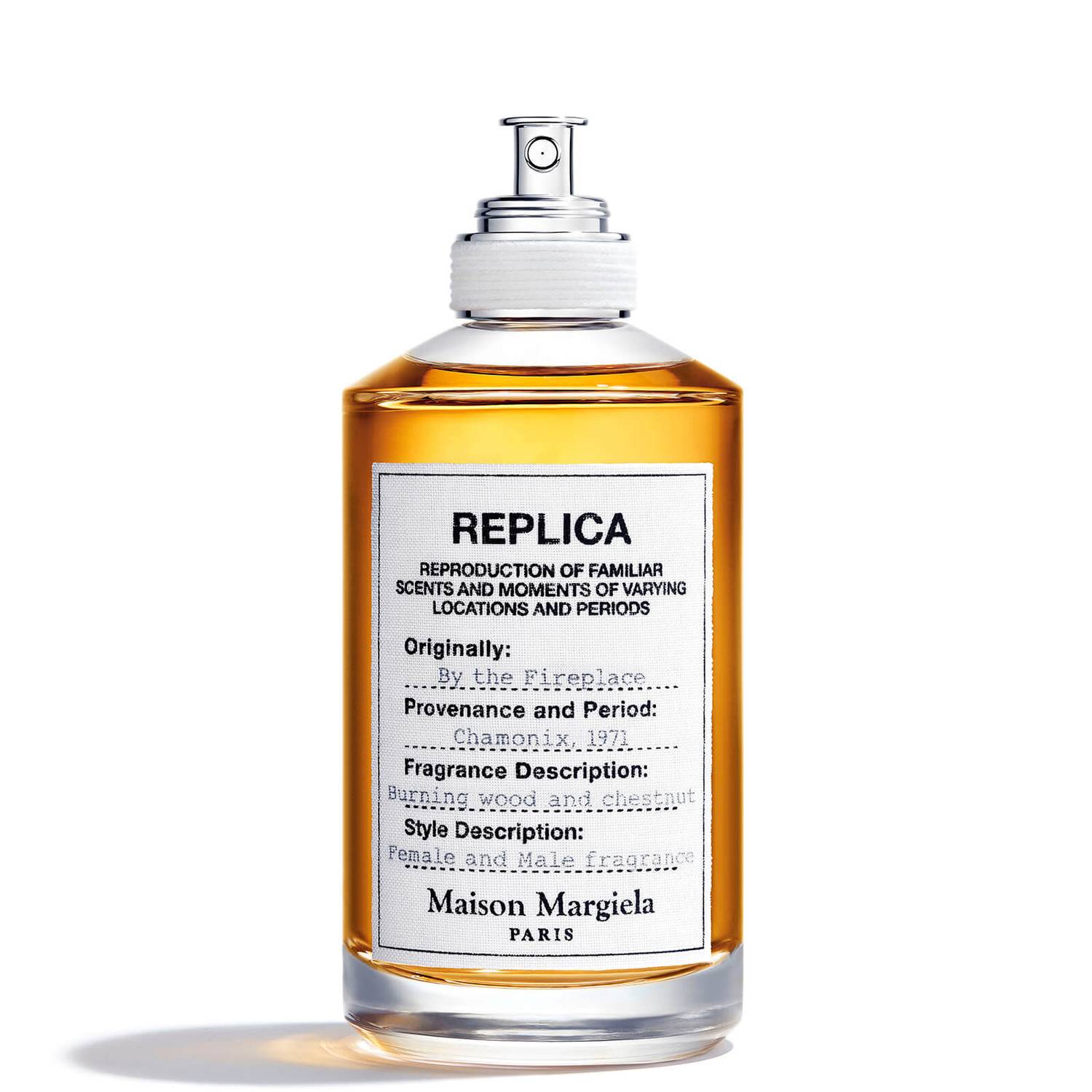
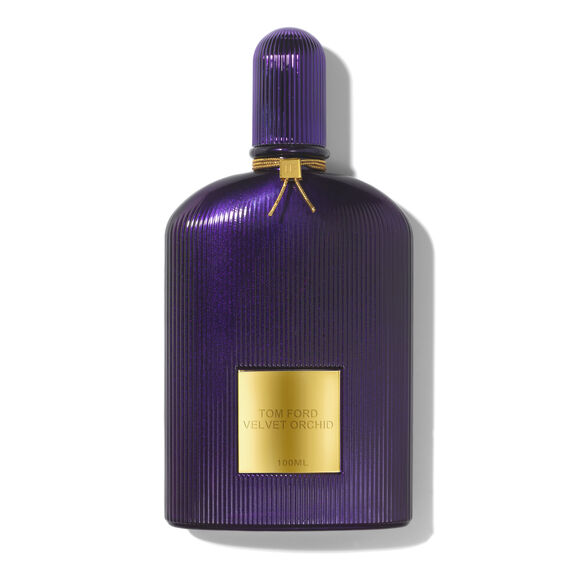
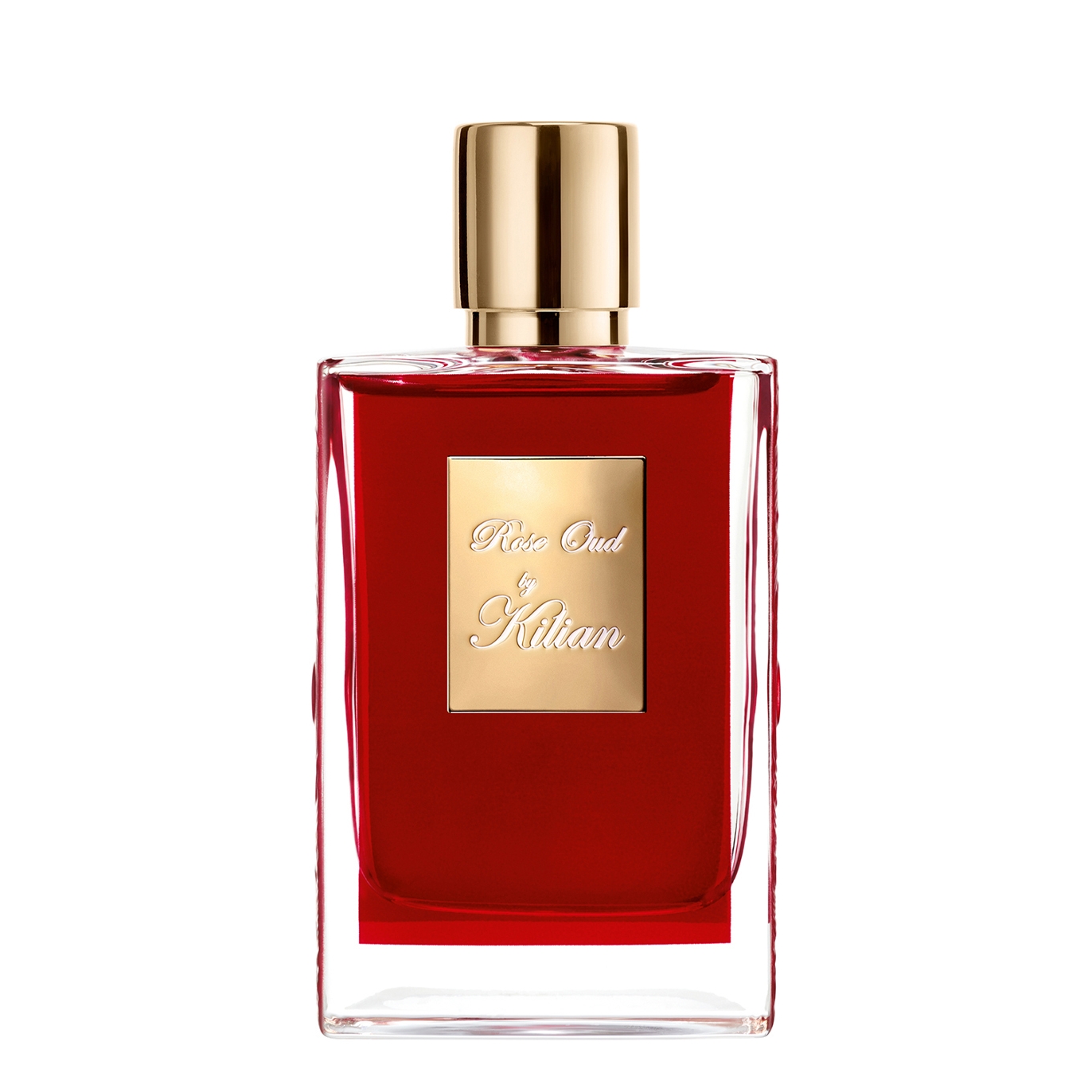
Next Up: The Perfumers Behind These Luxe Scents Also Made These Affordable Fragrances

